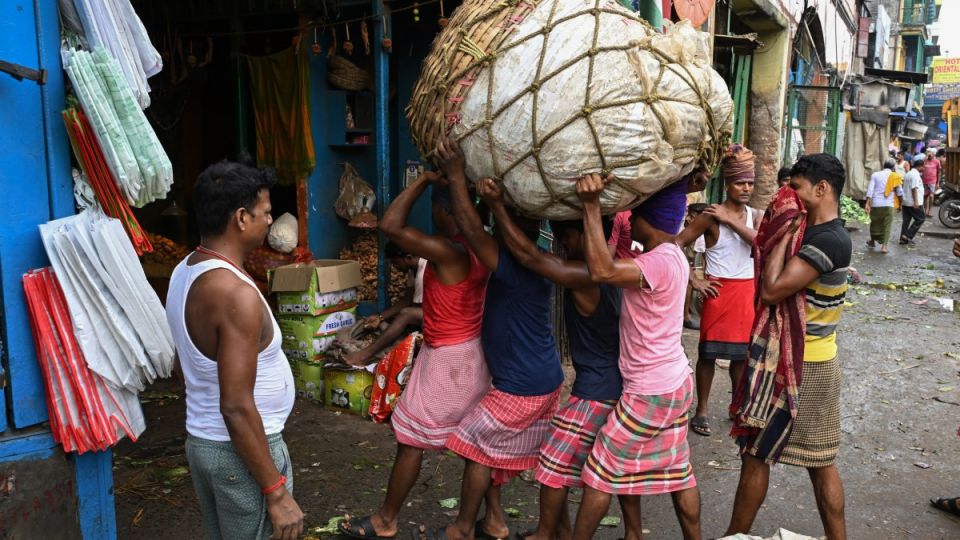July 10, 2025
THIMPHU – Despite trade agreements ensuring zero-rated status for exports from India to Bhutan, local importers are increasingly reporting that Indian suppliers are allegedly and unlawfully applying Indian Goods and Services Tax (GST).
This practice, they claim, bypasses the GST exemption provided by the Government of India (GoI), leading to double taxation for Bhutanese consumers.
A formal complaint was lodged by Smart Homes, a local home appliances and hardware store, on April 24, 2025, through a letter submitted to a range of key agencies, among them the Department of Revenue and Customs (DRC), Department of Foreign Trade, Competition and Consumer Affairs Authority, Royal Monetary Authority, and Bhutan Chamber of Commerce and Industry.
“Unfortunately, despite clear government regulations, none of the Indian suppliers we worked with honored the GST exemption for exports to Bhutan,” an owner of Smart Homes, Tshering Yonten said. “As a result, both the business and our customers in Bhutan have been double-taxed, first through the GST from Indian suppliers, and then Bhutan Sales Tax.”
He pointed to a specific instance where his company received a proforma invoice (preliminary invoice) that suddenly included an 18 percent GST rebate, a detail missing from all previous invoices. “When questioned, a new sales staff member confirmed the invoice was correct and in compliance with standard procedures for exports.”
Since July 2017, Smart Homes has incurred INR 9 million in GST-related costs from importing products, primarily from one multinational and five Indian suppliers. His business has established partnerships with several companies in India.
An official from the GST division under the DRC, said that such issues can usually be resolved directly between the local importers and Indian counterparts.
“Exports from India to Bhutan are zero-rated. To claim the exemption of GST from their invoice, they should apply for zero-rated status from Indian GST,” the official added.
This aligns with a notification issued by the Central Board of Customs and Excise, GoI, on October 27, 2017, which mandates GST registration for zero-rated supply to allow suppliers to claim input tax credit.
However, Tshering Yonten expressed frustration with the outcomes from departments and agencies.
“One thing came out clear from all the agencies I talked to that it is none of their business and the unnecessary INR outflow is not really a problem for them,” he said.
Tshering Yonten also said that some departments reportedly suggested that such action should be taken in a holistic manner for the entire business community, rather than by a single business.
As a private business entity based in Bhutan, we are not in a position to engage directly with Indian authorities. Such matters should be dealt with at the government level.”
The DRC official, however, acknowledged that the department had not yet provided an official response to Smart Homes’ complaint.


